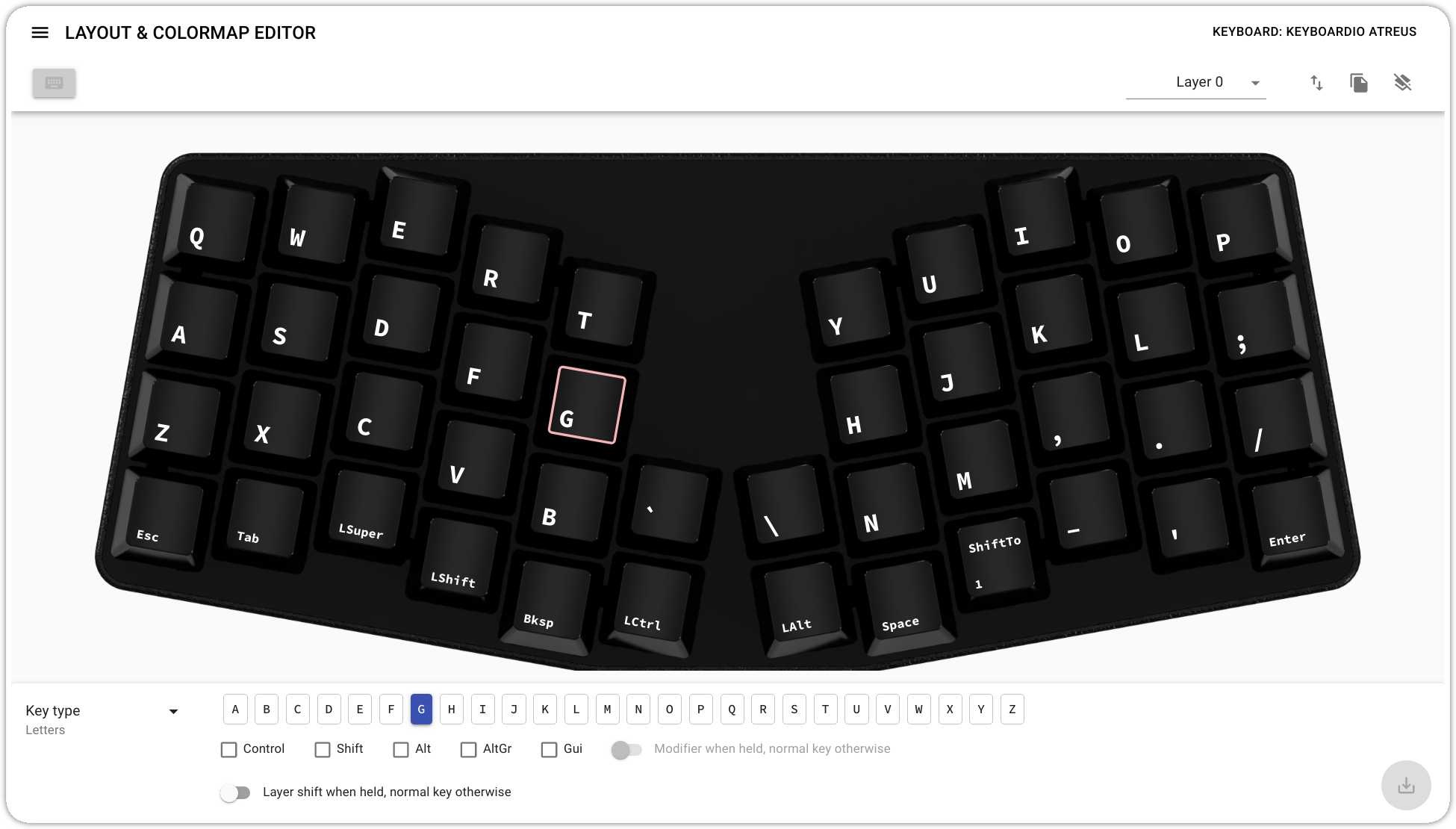

A kaleidoscope is a strange optical instrument with two or more reflecting surfaces tilted to each other at an angle, that one tube-shaped “toy” from our childhood with changing patterns when it is rotated.
Kaleidoscope is also the name of the firmware for Arduino-powered input devices. Built on top of Arduino, it works with the Arduino IDE and other similar tools, it has a plugin-based architecture, and pretty novice-friendly APIs.
Kaleidoscope-powered keyboards, for example, although weird for most people, are known to be remarkably ergonomic, and highly programmable. However, actually configuring them could pose a bit of a struggle for most day-to-day users.
Here’s where Chrysalis comes into play.
What is Chrysalis?
Chrysalis is an open-source and cross-platform (works on Linux, Windows, and macOS) graphical configurator for the Kaleidoscope-powered keyboards.
Its purpose? To make the whole process of configuring Kaleidoscope-powered keyboards as effortless as possible. It mostly achieves this via a user-friendly GUI, by storing the configuration on the keyboard itself (in EEPROM).
Another great aspect of Chrysalis is that it doesn’t require any other external tools to get the job done. What’s more, it doesn’t even require you to flash the firmware (Kaleidoscope) yourself.
GUI rundown
The app consists of two main sections: the Layout editor, and the Colormap editor.
The Layout editor allows you to edit keymaps, and even allows you to copy one layer to another, as well as to set a default one of your choosing.
As its name suggests, the Colormap editor provides a quick and easy way to edit the colors for each key (per-key LED colormap) for keyboards that have this feature.
Supported hardware and OSes
The supported Kaleidoscope-keyboards are as follows: the Keyboardio Model01, the Keyboardio Model 100, the Keyboardio Atreus, and the Digma Raise.
The app is capable of configuring other types of keyboards as well such as the ErgoDox Ez, the SOFT/HRUF Splitography, KBDFans, and KBD4x, as long as they run the Kaleidoscope firmware.
In terms of supported OSes, Chrysalis should work on multiple Linux distributions (it’s shipped in AppImage format), however, it has only been officially tested on Ubuntu 18.04 LTS. Windows 10 and macOS Mojave (and higher) are also supported.
Conclusion
The fact that Chrysalis can greatly simplify the process of configuring Kaleidoscope-based keyboards is sure to come in handy to those who own such devices.
